You just got a new smartphone and wondered how much is left. Well, I have it all in this article. Along with stats on how long the average smartphone lasts, we will tell you factors that affect smartphone lifespan and how you can make your smartphone last longer!
How Long Does a Smartphone Last in 2023?
The average smartphone lasts about 3-5 years. After about three years, smartphones eventually wear out due to battery health, outdated hardware not keeping up with the latest technology, or current operating system versions that older smartphone models don’t have.
Manufacturers can also stop updating after a few years, leaving smartphones vulnerable to security attacks.
Top Brands smartphone’s average lifespan
1. Apple iPhones average lifespan
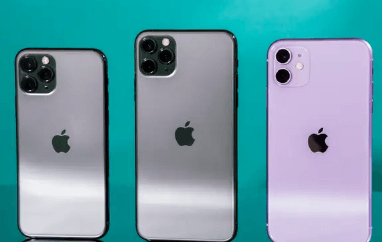
The lifespan of iPhones is 5-10 years, and they are the most durable cell phone ever. So, if you handle your iPhone gently and carefully, your iPhone can last up to 10 years. There are limiting factors when talking about hardware and technological advances.
Each iPhone’s battery will eventually need to be replaced, and the hardware soon isn’t enough to perform everyday tasks. So, realistically, you’ll want to change your iPhone as you’ll face lags and other issues due to a lack of memory and hardware within about 4-5 years.
2. Lifespan of Samsung Galaxy Phone
Samsung phones are also quite durable. They can last more than five years with careful use and gentle handling.
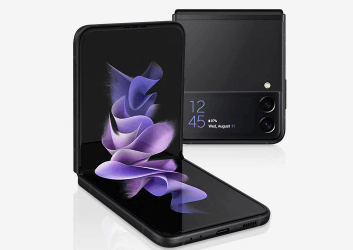
The most common reasons for replacing a Samsung phone are a battery, a port that no longer works, and an outdated operating system.
3. Xiaomi can last up to 4 years
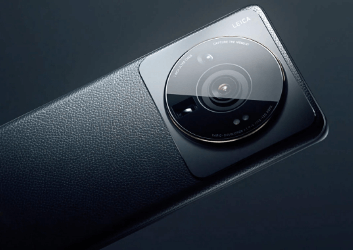
Despite the low price, Xiaomi phones have a decent lifespan. Xiaomi phones can last up to 4 years, and some claim they can last up to 7 years, but after about two years or more, you can run into some issues, such as the touchscreen freezing.
4. How Long Does an Oppo Smartphone Last?
Oppo’s lifespan isn’t much longer; users have been using Oppo phones for up to 3 years.
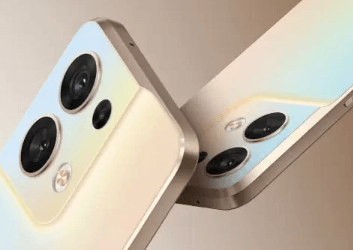
5. What is the average lifespan of Huawei phones?
Huawei phones seem to have an average lifespan and can last about 3 to 5 years, but they could have a battery problem within a few years, resulting in issues such as low battery life.
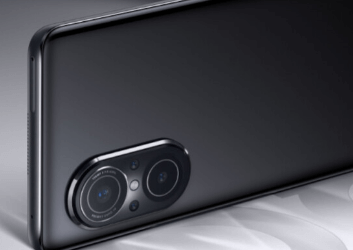
However, other smartphones in the industry are also prone to battery problems after a few years of use.
Factors Affecting Smartphone Lifespan
Several factors affect the average lifespan of a smartphone. Here are some things that affect the life of your device:
1. Damaged
Damage is one of the biggest reasons a smartphone doesn’t last as long as expected. Cracks can be repaired, but it may be cheaper to buy a new unit because they are too expensive.
If you’re buying a new phone, it’s a good idea to look at phone rental options such as those offered by Everphone, which include device repair and replacement. This can save businesses a lot of money because accidents happen, and paying for a phone replacement or repair can quickly shrink your budget.
2. Battery status
Used batteries are only charged to a certain amount before being discharged. All batteries charge an average of 500 to 800 times.
If you charge your device multiple times a day, you will likely have a shorter lifespan than someone who charges your device every two days. Newer appliances no longer have replaceable batteries.
If the battery stops charging, you risk replacing it manually, so you may need some knowledge or pay someone, but it can be pretty expensive. In many cases, it is cheaper to buy a new device.
Heat is also very harmful to batteries. If the device gets hot when placed in a hot place, such as in direct sunlight, it will not last as long as the battery needs more work.
3. Outdated Operating System
The operating system of the device is associated with the hardware. The hardware becomes too old to run new system updates at some point.
Typically, at this point, developers stop releasing system updates for these devices. However, manufacturers with large portfolios tend to focus on premium and mid-range models with updates. Entry-level phones are often ignored and will no longer be supported after a while.
On the other hand, most iPhone devices receive system and security updates 5-7 years after launch. Android devices only receive these updates for a much shorter period, 2-3 years after the launch. So, buying an older model or a used machine will reduce your life expectancy.
How to extend the life of your phone?
Before replacing your device, there are ways to extend the life of your device so that you can use it as long as possible. Here are some ways to improve the life of your smartphone.
1. Keep your phone 20% to 80% charged
Charging your device to 100% puts more strain on the battery than charging up to 80%. They also use complete charge cycles, and the amount of these is limited, so it’s a good idea to use them sparingly. The same goes for fully discharging the battery before recharging. Therefore, keeping the charge between 20% and 80% is recommended.
3. Stop using underrated apps
The problem with this is that these apps keep running in the background, which can strain your battery and hardware resources. So, it’s a good idea to review your apps often and uninstall apps you no longer use.
2. Utilize the screensaver
A screen saver is one of the simplest and cheapest ways to protect your device’s screen and extend its life. There are a variety of screensavers available, but even if you use the more expensive ones, we can guarantee that if your screen breaks or you replace your device, it will be cheaper than repairing your screen.
Conclusion: How Long Does a Smartphone Last?
The average lifespan of a cell phone may not be as long as we would like it to be, but with proper care and maintenance, you can increase the lifespan of your smartphone.
Paying attention to your battery and how often your device is charged and frequently updating to avoid running unused apps in the background can potentially extend the life of the last three years into up to 5 years.
Frequently Asked Questions
Can a smartphone last five years?
Yes, if you handle the phone gently and carefully, it can last up to five years. However, after about three years, you may find that your phone’s hardware is outdated and has problems handling newer applications.
